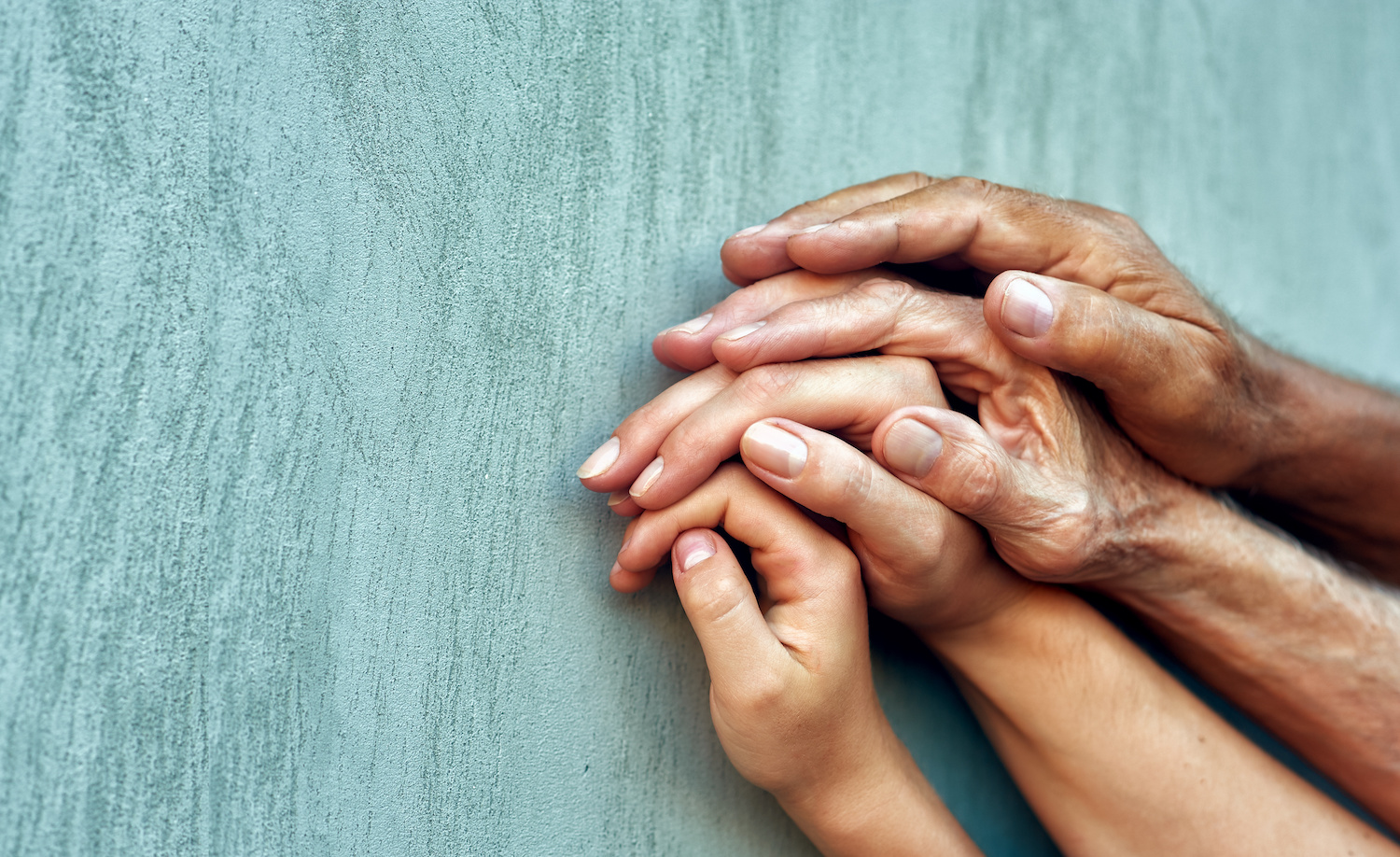If every one of your parents/grandparents/great-grandparents made it well into their 90’s, and passed away with their bodies and minds basically intact, you can probably skip this Health Tip.
Something like, “Dad was 94 and had finished chopping logs. Sat on a stump, closed his eyes and just died.”
Or, “Meemaw (Grandmom was clearly from a Southern family) got COVID at 100 and that was it. Then we couldn’t find a doctor to sign the death certificate because she’d never been to one.” Now that’s longevity!
For the rest of us, we need to see what may be down the road that might interfere with our personal ambitions of seeking a healthy long life, risk-wise. If you’ve got just a few minutes, you can find out what may be in store for you.
Make a list to include your parents, aunts, uncles, grandparents, their siblings (your grand aunts/uncles), your own siblings and half-siblings, and your adult children. Obviously, blood relations only.
For each individual, answer the following (if possible):
- Alive or dead? Approximate age (or age at death).
- General health during his/her life. If their health changed, indicate when, and, if you know, the reason why. (Examples: “healthy until his fifties, then the cigarettes caught up with him”, or “she just never cared about her health, got seriously overweight, then diabetic, then just died.”)
- Chronic illnesses (if known); medications (if known); cause of death (if known);
- Health risks throughout his/her life: i.e. smoker/pollution/alcohol/drugs/severe stress
When you think about these questions, you’ll realize you’ve been asked variations of these every time you’ve seen a new doctor. They’re all part of the standard intake, “new patient”, paperwork but no one (either you or the doctor) does much with your answers.
But now, you’re going to take advantage of this information. Lurking in all this “family history” are markers of your own health/illness possibilities. In fact, maybe (YIKES!) you’re looking at the top line item of your own death certificate a few decades from now. That is, unless you or your primary care provider (PCP) has an “Aha!” moment like any of these:
From your PCP:
“I see diabetes runs through your family like a fault line through California. You don’t have it yet let’s check your Hemoglobin A1c. Meet with our nutritionist, learn some meal planning and get your weight down to ‘normal’. Review again a typical day of your eating habits. Tell me how you exercise.”
Or
“You have a sister who needed by-pass surgery at 50? I know you’re feeling fine but you need a really detailed cholesterol profile, down to LDL particle size. We need to check levels of inflammation, get a cardiac stress test, and it might be a good idea to buy a home blood pressure monitor.”
And, when you complete your inventory, you realize:
“Seems like lots of my relatives died of cancer. Are there steps we can take to prevent it in me?” This answer is, yes.
“I’ve always worried about Mom’s stroke when she was only 45. I’m now 44. How do I know…?” (Well, actually, there’s a good test for this).
“So many seem to have dementia. Isn’t there something I can do?” (Yes, again).
The only problem with making a family inventory like the one I have described, aside from making you anxious, is that a lot of the work falls back on you. When you learn of different risks, in your heart of hearts, you just want to swallow some pills. That’s easy. Lifestyle changes are hard.
Here are a couple of patient quotes from the past weeks:
“Doc, when you told me I had mild diabetes and high blood pressure, I really didn’t want to take pills for the rest of my life. I didn’t fill your prescriptions (are you mad?). But I’m down 30 pounds, in the health club four days a week, and here are my blood pressure numbers. Go ahead and check my HbA1c.” (It dropped to normal range.)
Or, this call from a patient’s wife,
“He’s in the Intensive Care Unit with a massive heart attack. I’ll call you when he gets out.”
She never called.
For some, how Meemaw lived a century without doctors until COVID got her, how Grandpa made it to healthy 94 are the mysteries of longevity, gifts we’re trying to puzzle out.
Since we don’t have the answers, we just have to work on ourselves or pay the consequences.
Be well,
Another step to your longevity.
Be well,
David Edelberg, MD
